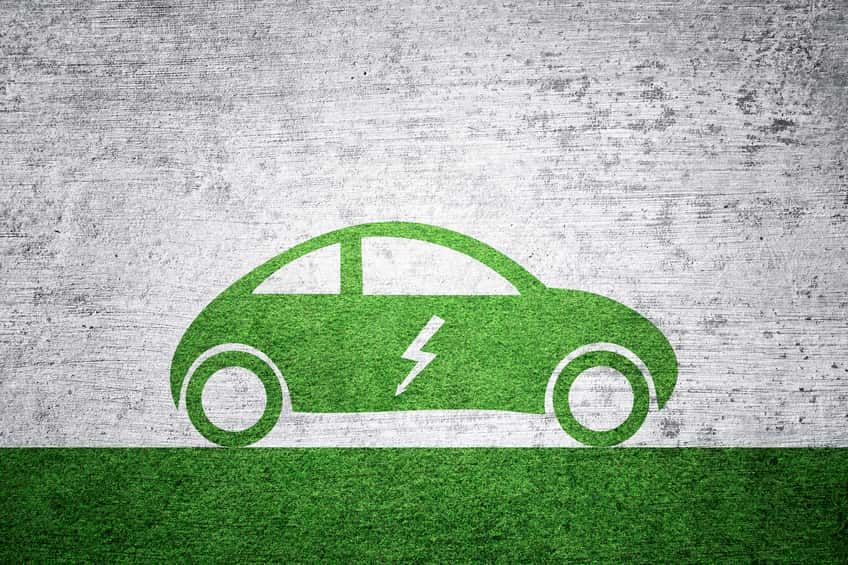Exactly how environmentally friendly electric vehicles (EVs) are as an alternative to fuel-burning vehicles may actually depend on where you live, according to a new study from Cleveland-based Case Western Reserve University.
The “green” value of EVs can vary dramatically across the U.S. due to climate differences, whether producing the electricity to recharge them relies on fossil fuels or renewable power, and how far the vehicles are driven each day, the researchers found.
In fact, EVs can sometimes contribute as much in greenhouse-gas (GHG) emissions as their conventional counterparts – even if indirectly from the electricity consumed by the battery in powering the vehicle, the study claims.
Based on the disparities, the researchers recommend scrapping the standard $7,500 federal incentive to buy EVs in favor of a sliding scale favoring states where they least harm the environment.
The new study, published in Nature Communications, was conducted in collaboration with researchers from Argonne National Laboratory and the University of Wisconsin- Milwaukee.
The researchers note that warmer weather and more driving miles wear out EV batteries faster, requiring more frequent recharging, which gradually increases an EV’s energy consumption and GHG emissions.
In the research, the scientists developed mathematical models to quantify battery degradation and its effects on increasing energy consumption and GHG emissions from a mid-size EV in average driving conditions in all 50 states.
They factored in a host of technical and environmental parameters for the vehicle operations – from hourly ambient temperature to average driving distance – to predict the life of a typical battery pack.
They found the life expectancy of EV batteries ranges nationally, from about five years in Florida to more than 13 years in Alaska. The average life expectancy in Ohio is eight years.
Replacing an EV battery can also be costly – about $5,500 in a Nissan Leaf – and the
discarded batteries can become environmental hazards because of toxic and
flammable materials.
“EV batteries degrade so differently in each state that the battery life and the
greenhouse-gas emissions should both factor in EV incentives,” says lead researcher Chris Yuan, an associate professor in Mechanical and Aerospace Engineering at Case Western Reserve.
“This research provides the facts for our policymakers to think about the strategies to do it better,” he adds. “It may not be a good option to offer the same financial incentive to EV drivers in all states.”
More on the report can be found here.




